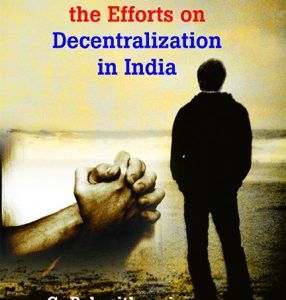
G Palanithurai

49 books
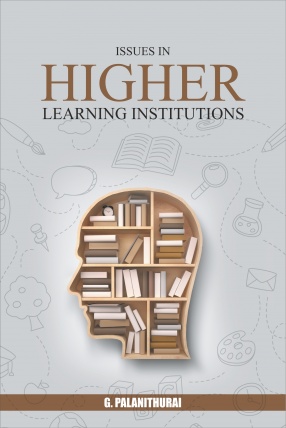
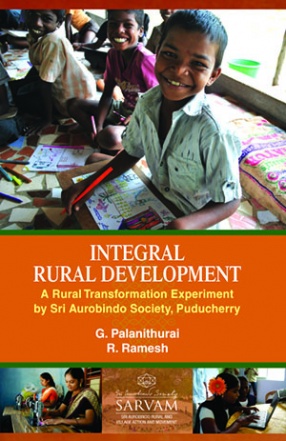

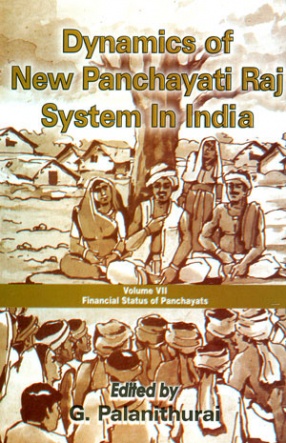
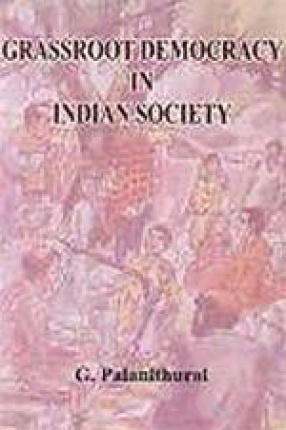

Decentralization is a global phenomenon and it is operationalized by the governments depending on the requirements of the county. In India, only after enacting the 73rd and 74th Amendment to the Constitution of India, India became rarely a representative democracy. It has transformed the very character of our democracy from representative to representative and participatory democracy. Indian democracy is always a paradox as it is in short in quality long in ...

Educational institutions in general and more particularly the higher learning institutions are in deep crises. Everyone expects that reform has to be initiated only by the centre and state governments. To address the problems a new policy framework is evolved. But it has not crossed the tables of the critiques. Political executive and policy community have to play a crucial role in reforming this sector. There is no second opinion on the above argument. But lot ...
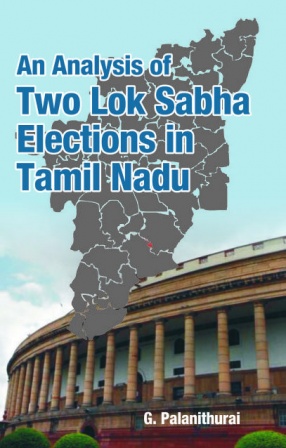
This small monograph deals with the processes of two Lok Sabha elections in Tamil Nadu. It analyses the political conditions in Tamil Nadu during the time of Lok Sabha elections. How political parties handled the conditions to seek maximum benefits in terms of votes and seats have been analysed. Tamil Nadu is known for social welfare schemes and populism and they are being used as tools and instrument to attract the voters. Both the parties namely the DMK and the ...

SARVAM (Sri Aurobindo Rural & Village Action & Movement), the rural development unit of Sri Aurobindo Society in Pondicherry has put into practice an innovative concept in rural development which we call 'Integral Rural Development'. It fascinates development professionals for two reasons. One, it provides a spiritual perspective to rural development practice. In other words, the approach aims at bringing about rural development that is human-spirit ...

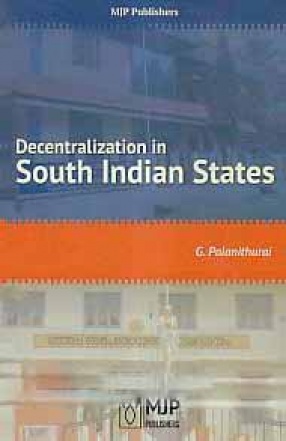
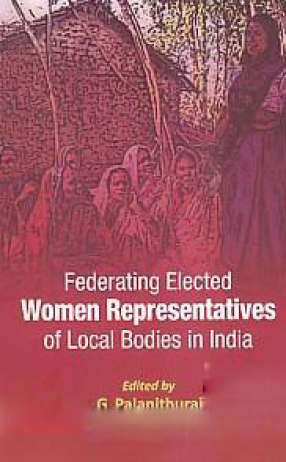
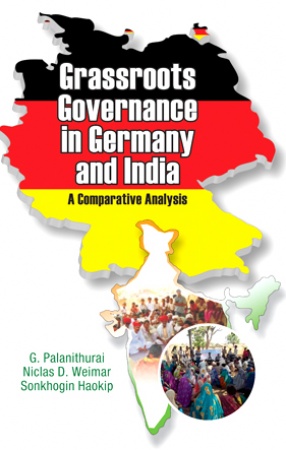
This book makes a comparative study of the working of local governance institutions in Germany and India. Through a case analysis of Holzheim, a small village in Rhiseland-Palatinate province of Germany and Tellou Channa Seijang Gram Panchayat in Manipur, it tries to understand how strong the local governance institutions are in both the countries in terms of institutional structures, powers and functions, roles and responsibilities, resources devolved, and the ...
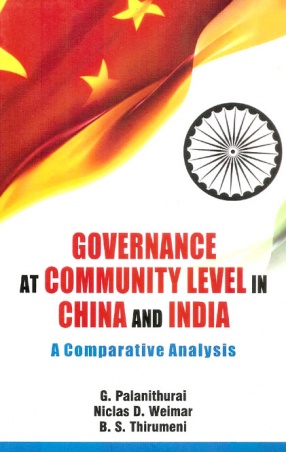
The volume presents a view of governance and development process at the grassroots level in two major developing countries, China and India. The comparative study examines the creation of local bodies through an executive order which have substantial powers and resources in China and local bodies in India that have been created through constitutional amendments and are without powers and resources. With a case study of a local governance unit in Jiangsu province, ...
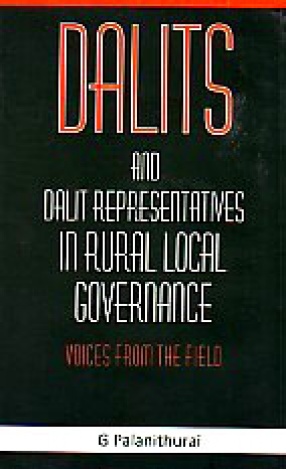
Reservation of seats for Dalits in rural local bodies through the 73rd amendment of the Constitution has provided opportunities for them to empower themselves through decision-making. But a vital question is whether the stakeholders are equipped to participate in the process of governance and development given the caste structure and community practices in the rural communities. The volume takes up the way the Dalit representatives are discharging their duties in ...

This volume deals with the financial status of panchayats in Indian states. Across the country states are not giving adequate attention to fiscal devolution towards the panchayats. Panchayats are facing series of crises and mostly they are financial in nature. Since the State Governments are facing financial crisis they are not in a position to devolve adequate resources to the panchayats. Recommendations of the State Finance Commissions have not been ...
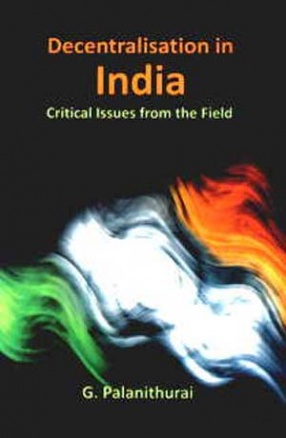
This book is about the democratization process of both society and governance. It deals with the existing conditions and problems associated with the democratization and decentralization process. It highlights the necessary changes to be introduced in the administrative system at the grassroots the enable the decentralization to work, since the very purpose of creating lower level institutions for governance is the inadequacy of representative democracy to solve ...
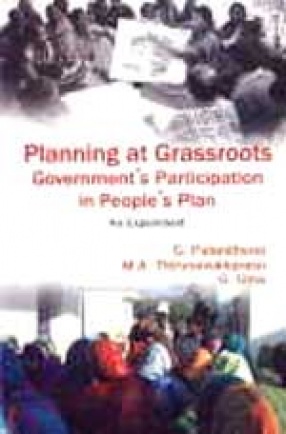
This book attempts to study the efforts of the state government in strengthening the planning process at grassroots level, with special reference to Tamil Nadu. Finding out the extent to which planning is initiated from below by the panchayats with the participation of people. It also examines how the planning process is initiated by the panchayats and with whose support. Also, it analyses the implications of the intervention of the government and other agencies ...

Rural transformation undergoes a metamorphosis after the introduction of new governance at grassroots through the 73 amendment to the constitution of India. Newly created institutions for governance have teething problems and yet they picked up momentum in their dynamics. New concientization takes place in the minds of the people about their role and responsibility and feverish socio-economic activities have been initiated by the institutions and a new kind of ...




The essays are on a variety of topics touching many vital aspects of governance that too in the rural society. Some practical demonstrations have also been done at the micro-level. Fairly a good deal of issues have been discussed in the essays of this volume which will stimulate the thinking of the common and committed citizens of the society in India. Though variegated issues have been raised and discussed, all of them have been brought into a specific focus: ...
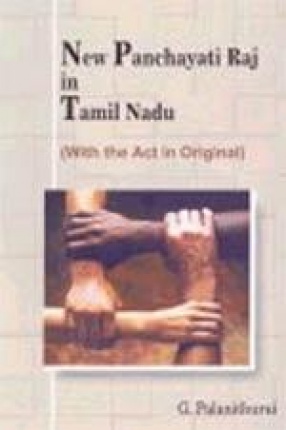
Rural transformation undergoes a metamorphosis after the introduction of new governance at grassroots through the 73 Amendment to the Constitution of India. Newly created institutions for governance have teething problems and yet they picked up momentum in their dynamics. New concientization takes place in the minds of the people about their role and responsibility and feverish socio-economic activities have been initiated by the institutions and a new kind of ...

Indian society has witnessed a cataclysmic change, both externally and internally, due to the implications of modernization, westernization, industrialization and the initiatives of the government sponsored development programmes. The change witnessed in the society does not reflect the positive elements for achieving peace and prosperity. As a result, one could witness social conflict in the Indian society despite the functioning of democracy to achieve ...
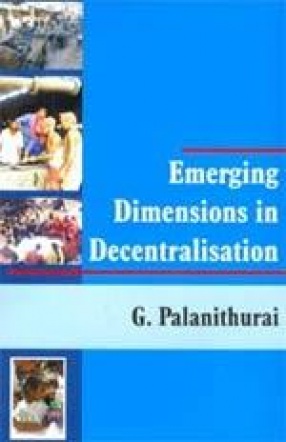
This book captures the process and implications of decentralilzed governance established at grassroots level in Tamil Nadu after the Introduction of the 73rd Constitutional amendment. It analyses the whole electoral process to the local bodies and highlights the achievements of ten Gram Panchayats with the support of the communities on social development issues. Further dealing with the development initiatives of the Panchayats and the people, the book portrays ...
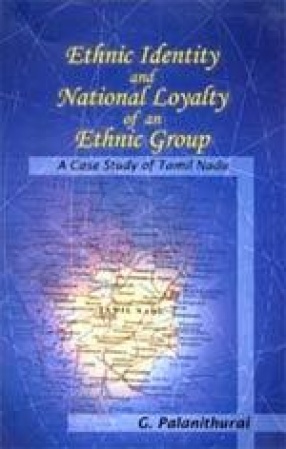
This book seeks to analyse the linkage between ethnic identity and national loyalty, with special reference to Tamil Nadu. It studies the political, social and cultural identity of Tamil people, as also the causes for the formation of their identity. Further examining the level of their loyalty towards central authority as well as towards regional ethnic group, it goes deep into the relationship between socio-political communication and the loyalty of the people ...
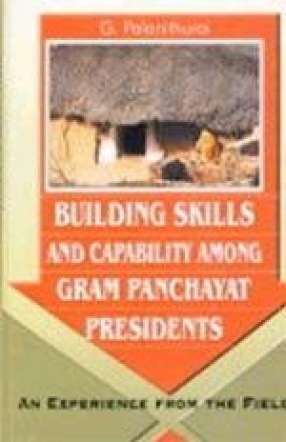
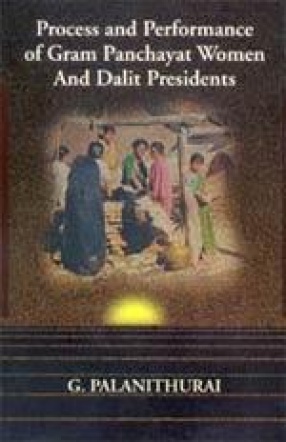
This book brings to light the struggle and the success of the women and dalit leaders in Gram Panchayats, with special reference to Tamil Nadu. It analyses their socio-economic background, their perception of governance and development and their actual performance. Adopting the case study method, it presents analysis of women and dalit leaders covering 31 Gram Panchayats. The book will be useful for Panchayat functionaries, development workers, policy- makers and ...
